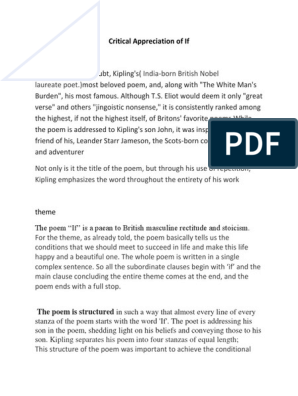0% found this document useful (0 votes)
67 views5 pagesIntroduction To Literature in English - 1627727371956
Literature introduction
Uploaded by
Adedokun Opeyemi SodiqCopyright
© © All Rights Reserved
We take content rights seriously. If you suspect this is your content, claim it here.
Available Formats
Download as PDF, TXT or read online on Scribd
0% found this document useful (0 votes)
67 views5 pagesIntroduction To Literature in English - 1627727371956
Literature introduction
Uploaded by
Adedokun Opeyemi SodiqCopyright
© © All Rights Reserved
We take content rights seriously. If you suspect this is your content, claim it here.
Available Formats
Download as PDF, TXT or read online on Scribd
/ 5


































































































